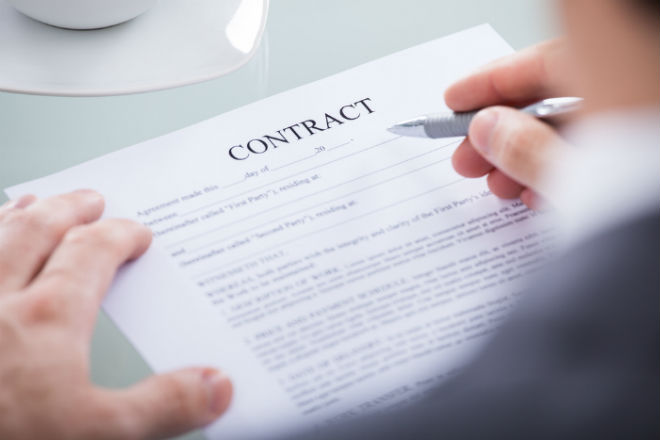If you are not a party to a contract but you encourage a party who is to breach that contract, you could be liable for the tort of inducing a breach of contract.
This was claimed against Dodd & Co in the case of Allen v Dodd [2020] EWCA Civ 258, when they recruited a new employee, Mr Pollock, from a competitor. Dodd & Co knew that there were restrictive covenants in Mr Pollock’s employment contract with his previous employer which prevented him from working for competitors for a period of time, and they knew that if these clauses were valid then Mr Pollock would be in breach of contract by working for them before that time period expired. However Dodd & Co took legal advice first and as a result took the view that while the matter was not entirely without risk, it was more likely than not that the restrictive covenants were ineffective and unenforceable against Mr Pollock. Mr Pollock therefore started working for Dodd & Co straight away. After a contested hearing however it turned out the restrictive covenants were enforceable and as a result Mr Pollock was in breach of contract. Was Dodd & Co liable for inducing Mr Pollock to breach his employment contract?
In the leading case on inducing breach of contract, OBG Ltd v Allan [2007] UKHL 21, the House of Lords (as it then was) held that in order to be liable for inducing breach of contract, you must know that you are inducing a breach of contract. Given that Dodd & Co received legal advice to say that the clauses were unlikely to be valid which would mean that there would be no breach of contract, did they have the requisite knowledge that they were inducing a breach of contract?
The Court of Appeal held that Dodd & Co did not have the requisite knowledge. Mere suspicion is not enough, the touchstone is knowledge, and if a defendant honestly believes that the act that he procures will not amount to a breach of contract, he is not liable in tort even if his belief is mistaken in law, and whether or not that belief was caused by his own ignorance or by the incorrect advice he received from his lawyers.
The Court of Appeal said that people should be able to act on legal advice, and that it did not matter that the legal advice was not unequivocal. Lawyers rarely give unequivocal advice, and even if they did the client must appreciate that there is always a risk that the advice will turn out to be wrong. The guidelines regarding the enforceability of clauses will not always be clear, and knowledge of a legal outcome is often hard to predict, as can be seen from all the contested breach of contract cases in the courts. To insist on definitive advice that no breach will be committed would have a chilling effect on legitimate commercial activity.
The Court of Appeal did leave open the question of whether it would be enough to escape liability if the legal advice went no further than to say that it was only arguable that no breach will be committed, but said that if the advice is that it is more probable than not that no breach will be committed, that would be good enough.
